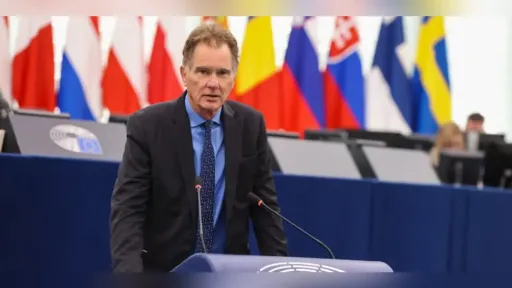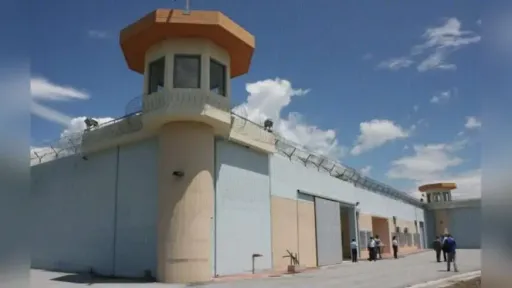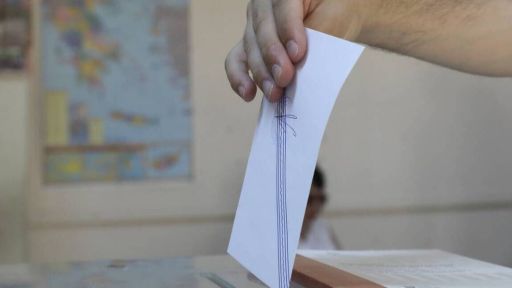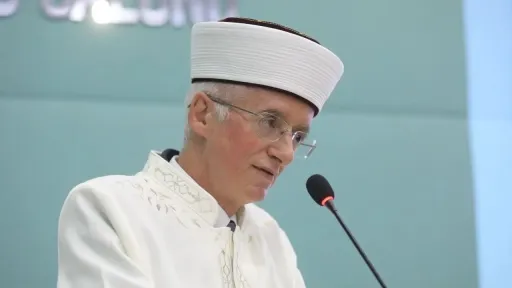New poll: New Democracy maintains lead as undecided voters grow

A new survey shows that Greece’s political landscape is shifting ahead of the next elections, with New Democracy (ND) retaining its lead but without a clear “winning momentum,” while PASOK remains steadily in double digits. At the same time, the “grey zone” of undecided voters is widening, approaching nearly 20% of the electorate, and SYRIZA appears to be losing support, dropping almost two percentage points in just one month.
The survey, conducted by Interview and compared with September results, finds ND stable at 23.8% (from 23.9%), PASOK – Movement for Change at 13% (from 13.2%), and Greek Solution falling to 6.4% (from 7.5%). The Communist Party (KKE) decreased slightly to 5.8% (from 6.1%), while Plēfsi Eleftherias (Course of Freedom) dropped to 5.4% (from 6.4%), indicating a loss of momentum following its summer rise.
Smaller parties show mixed trends: the Democracy Movement remains at 4%, Voice of Reason rises to 4% (from 3.5%), MeRA25 gains slightly to 3.5% (from 3.4%), and SYRIZA records the largest decline to 2.6% (from 4.4%), reflecting ongoing erosion of its traditional support base. New Left falls to 1.6% (from 2%) and Niki reaches 1.2% (from 1.0%). “Other parties” total 9.2% (from 6.7%), while undecided voters surge to 19.5% (from 17.9%), underscoring growing uncertainty among the electorate.
If no single party secures a majority, most citizens prefer repeat elections over coalition governments. Forty-five percent of respondents would opt for new elections, while only 22% favor a ND–PASOK collaboration, which has the highest approval among coalition scenarios. Other potential combinations receive lower support: PASOK–SYRIZA–New Left at 9%, ND–Voice of Reason at 7%, and PASOK–SYRIZA, ND–Greek Solution–Voice of Reason, and SYRIZA–New Left–MeRA25 each at 3%.
On the customary political dilemma “Mitsotakis or chaos,” 42% chose “chaos,” 30% supported Prime Minister Kyriakos Mitsotakis, and 28% selected “other,” often referencing coalitions, a unity government, or leadership changes. The high “other” response indicates that fear-based appeals no longer resonate with the majority, with many voters seeking more moderate or alternative political representation.
Regarding trust in political leaders for governance, 32.3% responded “none,” followed by Mitsotakis at 28.1%, PASOK leader Nikos Androulakis at 9.4%, Zoe Konstantopoulou at 6.2%, Kyriakos Velopoulos at 5.9%, Dimitris Koutsoumpas at 4.8%, Stefanos Kasselakis at 4.4%, Socratis Famellos at 3.2%, Afroditi Latinopoulou at 2.5%, Alexis Charitsis at 1.4%, and Dimitris Natsios at 1.3%.
Economic concerns remain high, with 61% of respondents saying neither the country’s economy nor their personal finances have improved, 21% reporting improvement only in the national economy, 14% noting improvement in both, and 4% seeing gains only in personal finances.
On governance, nearly half of respondents (49%) believe that economic interests and large corporations dominate the country, 21% point to the elected government and prime minister, 15% cite Brussels, European institutions, and creditors, 8% feel the country operates without real governance, 6% blame the media, and only 1% think the Greek people govern.






